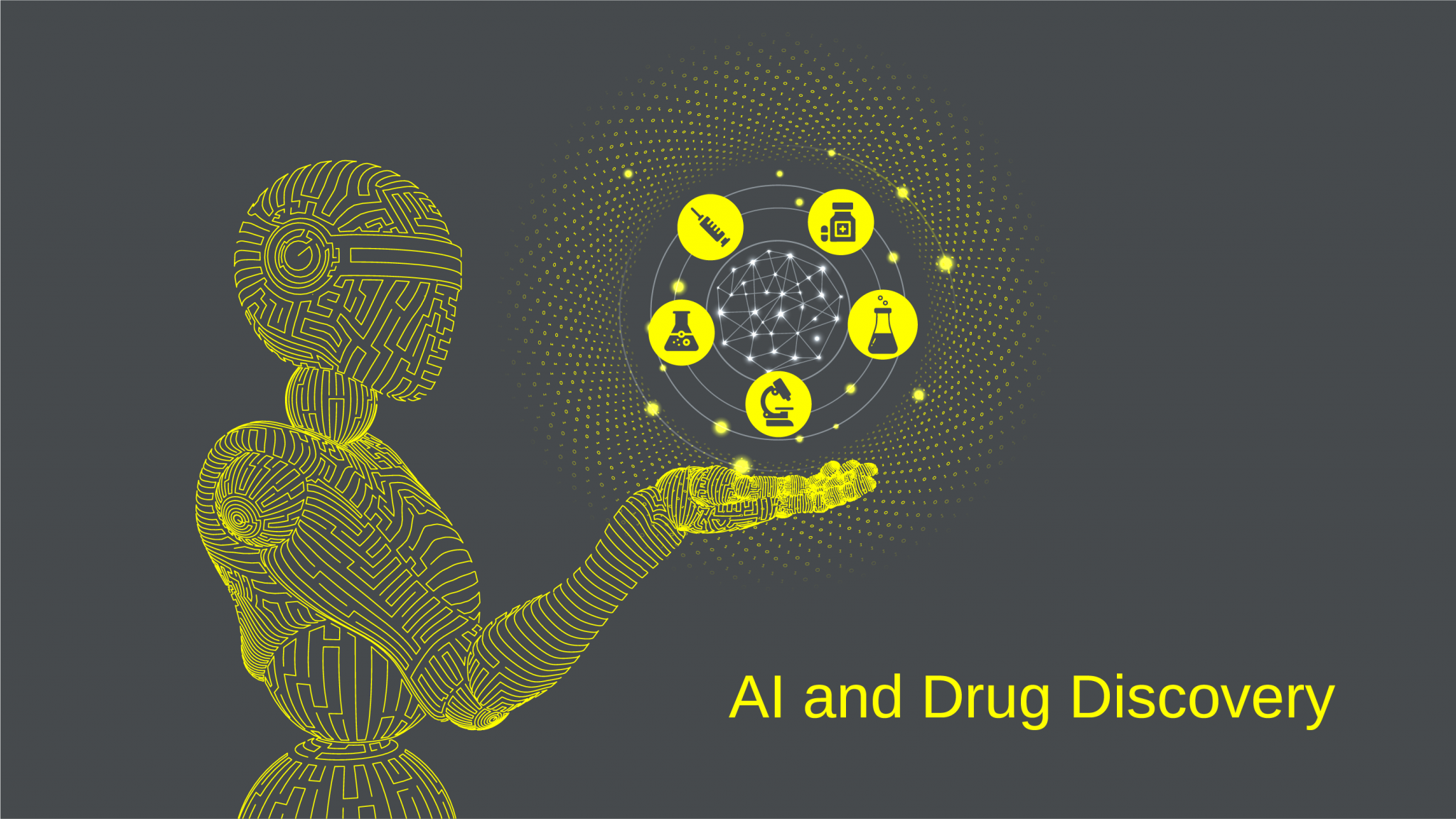Table of Contents
- Introduction to AI in Drug Discovery
- The Role of AI in Modeling and Simulation
- Enhanced Data Analysis with AI
- Accelerating the Drug Development Timeline
- Identifying Novel Drug Candidates
- Reducing Costs in Drug Development
- The Future of AI in Drug Discovery
Introduction to AI in Drug Discovery
The rise of Artificial Intelligence (AI) has brought about groundbreaking transformations in different industries, including drug discovery. Utilizing AI drug discovery provides a level of speed and accuracy never seen before, allowing scientists to quickly analyze large volumes of data and pinpoint potential drug candidates with exceptional efficiency. This technology is changing how scientists approach creating new treatments, making the process more efficient and effective.
AI’s ability to analyze complex datasets and model biological systems has become an invaluable pharmaceutical industry tool. By employing machine learning algorithms and advanced data processing techniques, researchers can predict the potential interactions between various compounds and biological targets more accurately than ever before, thus reducing the time and cost associated with traditional trial-and-error methods.
The Role of AI in Modeling and Simulation
AI’s main benefit in drug discovery lies in its capacity to effectively simulate intricate biological systems. Machine learning algorithms can forecast the interactions between different compounds and various targets in the body. This ability significantly decreases the requirement for time-consuming and expensive lab tests, enabling researchers to concentrate on the most potential medication options.
Modeling and simulation with AI accelerate the discovery process and improve prediction accuracy. Researchers can refine their models based on real-world data, continuously enhancing the reliability of AI-driven predictions. By integrating different types of biological data, such as genomic, proteomic, and metabolic information, AI can create comprehensive models that provide deeper insights into disease mechanisms and potential therapeutic interventions.
Enhanced Data Analysis with AI
AI is exceptionally skilled at examining extensive datasets, a critical skill in drug discovery, where scientists need to assess vast collections of compounds. By utilizing artificial intelligence-driven data analysis, researchers can discover patterns and connections that would be difficult to uncover using manual methods. This improvement in data analysis enhances the progression of effective treatments by enabling quicker and more accurate identification of possible drug candidates.
The use of advanced data analysis methods plays a significant role in enhancing the efficiency of drug discovery. Through utilizing AI capabilities, scientists can analyze and understand extensive data from clinical trials, real-world evidence, and scientific publications, helping them to make better decisions and focus on the most potential drug options.
Accelerating the Drug Development Timeline
Traditionally, drug discovery is a lengthy process, often taking over a decade from initial research to market approval. AI significantly shortens this timeline by streamlining various stages of development, from initial screening to clinical trials and even post-market surveillance. This acceleration is crucial in responding promptly to urgent healthcare needs, such as developing treatments for emerging diseases.
By employing AI, pharmaceutical companies can conduct virtual screenings and simulations that pinpoint the most viable candidates early, ensuring that resources are allocated more effectively. Virtual trials can also predict potential outcomes and identify any safety or efficacy issues that might arise, thus avoiding costly and time-consuming failures in later stages of development.
Identifying Novel Drug Candidates
One of AI’s most exciting potentials in drug discovery is its ability to identify novel drug candidates. Advanced algorithms can uncover new therapeutic targets and suggest unexpected compounds that might have otherwise been overlooked, opening new avenues for treatment.
AI has already led to the discovery of new molecules with high therapeutic potential, showcasing its transformative impact on this critical aspect of drug development. Such discoveries pave the way for innovative treatments that could change the landscape of modern medicine. By utilizing AI, researchers can explore vast chemical space and identify unique compounds with the desired biological activity, thus expanding the repertoire of available therapeutic options.
Reducing Costs in Drug Development
Drug development is notoriously expensive, often requiring billions of dollars in investment. AI can drastically reduce these costs by improving the efficiency of research and development processes and minimizing the likelihood of costly late-stage failures. By accurately predicting the outcomes of various drug candidates, AI helps allocate resources more effectively and reduces the financial burden of bringing new treatments to market. This cost reduction benefits pharmaceutical companies and can potentially lower the prices of new drugs, making them more accessible to patients worldwide. By optimizing the allocation of resources and reducing the need for extensive laboratory work, AI can ensure that the development of new therapies is both economically viable and sustainable.
The Future of AI in Drug Discovery
The integration of AI in drug discovery is still in its early stages, but its potential is immense. As technology evolves, we can expect AI to play an increasingly central role in developing new treatments, ultimately improving patient outcomes and transforming healthcare. AI-powered advancements consistently improve the accuracy, speed, and cost-efficiency of drug discovery, bringing exciting possibilities for the future.
AI will keep pushing boundaries in drug discovery thanks to progress in machine learning, data integration, and computational power. This technology will allow researchers to examine intricate biological information with unparalleled precision, discover new potential drugs, and forecast their effectiveness and safety profiles more effectively than ever. To maximize AI’s capabilities, researchers, healthcare providers, and policymakers need to work together collaboratively. This teamwork will guarantee that the advantages of AI are experienced in all aspects of drug development and patient care. By collaborating, these parties can establish a setting that promotes creativity, tackles obstacles, and utilizes AI to transform the pharmaceutical sector, ultimately resulting in better health outcomes globally.




